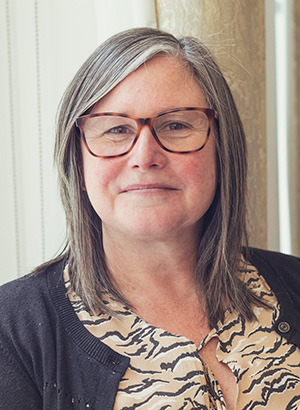-
-
- Council Members
- Role of Council Members
- Council meetings
- Council elections
- Previous election results
- Dr Louise Allum
- Dr Sam Bescoby
- Dr Andrew Clemence
- Dr Tshidi Gardiner
- Dr Reginald Godwin
- Paddy Gordon
- Dr Danielle Greenberg
- Dr Gerard Henry
- Dr Richard Hillman
- Dr Benjamin Kennedy
- Dr Tom Lonsdale
- Dr Darren Partridge
- Martin Peaty
- Alison Price
- Dr Peter Robinson
- Dr Jennifer Simmons
- Dr Sadie Spencer
- Dr Mary Thomas
- William Wilkinson
- Dr Lara Wilson
- Past-Presidents
-
-
-
-
-
- About extra-mural studies (EMS)
- EMS requirements
- Information for vet students
- Information for EMS providers
- Information for vet schools
- Temporary EMS requirements
- Practice by students - regulations
- Health and safety on EMS placements
- EMS contacts and further guidance
- Extra-mural studies fit for the future
-
-
- Code of Professional Conduct for Veterinary Surgeons
- Code of Professional Conduct for Veterinary Nurses
- Contact the Advice Team
- XL Bully dog ban
- 'Under care' - guidance
- Advice on Schedule 3
- Controlled Drugs Guidance – A to Z
- Dealing with Difficult Situations webinar recordings
- FAQs – Common medicines pitfalls
- FAQs – Routine veterinary practice and clinical veterinary research
- FAQs – Advertising of practice names
- GDPR – RCVS information and Q&As
RCVS Director of Vet Nursing speaks at inaugural international veterinary event
26 June 2024
Our Director of Veterinary Nursing, Julie Dugmore RVN, was one of the keynote speakers at the inaugural International Congress of the Association of Veterinary Auxiliary Technicians (ATAV) in Rimini, Italy at the end of May.
 At the event Julie (pictured) gave two speeches, the first, titled RCVS: the Past, Present, and Future of Veterinary Nursing in the UK, focused on the more than 60 year history of veterinary nursing in the UK and how its developed during that time – from ‘Animal Nursing Auxiliaries’ to fully registered and regulated professionals.
At the event Julie (pictured) gave two speeches, the first, titled RCVS: the Past, Present, and Future of Veterinary Nursing in the UK, focused on the more than 60 year history of veterinary nursing in the UK and how its developed during that time – from ‘Animal Nursing Auxiliaries’ to fully registered and regulated professionals.
She spoke about how the regulatory framework that established veterinary nurses as a profession had evolved as well – from Schedule 3 of the Veterinary Surgeons Act which allowed certain tasks to be delegated by vets to vet nurses, to the establishment of a Code of Professional Conduct for Veterinary Nurses, to the 2015 Charter which led to the formal establishment of a VN Register and concerns investigation and disciplinary system.
Looking forward, Julie spoke about the College’s drive for legislative reform which would, among other things, protect in law the title of ‘veterinary nurse’ and enhance their role in anaesthesia and surgery, to include allowing VNs to undertake cat castrations.
In her other speech Julie spoke as Chair of the Accreditation Committee for Veterinary Nurse Education (ACOVENE), a voluntary organisation founded in 2007 to accredit veterinary nurse education programmes in Europe. The organisation now accredits more than 70 VN education programmes across Belgium, Italy, The Netherlands, Norway, Portugal, the Republic of Ireland and the United Kingdom.
In her talk, ACOVENE and the Importance of Accreditation, Julie delved into the critical role of accreditation in veterinary nursing education and how it ensures the quality and integrity of veterinary nursing programs, thereby contributing to the advancement of the profession as a whole.
Post-congress, Julie shared her thoughts on the event, highlighting its success and impact. She said: "I was delighted to attend the Associazione Tecnici Ausiliari Veterinari (ATAV) conference for veterinary technicians in the beautiful city of Rimini.
"This first international conference at the end of May saw 240 delegates attending presentations on both clinical and non-clinical topics and provided valuable networking opportunities. As part of my presentation, I discussed the importance of accreditation in maintaining and improving the standards of education, ensuring graduates are confident and competent reflective practitioners well-prepared for the demands of their professional role."